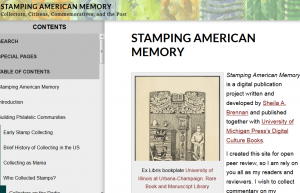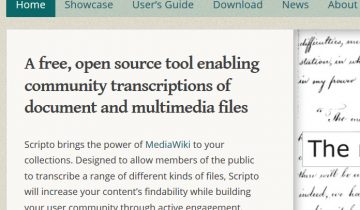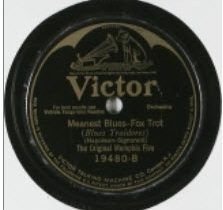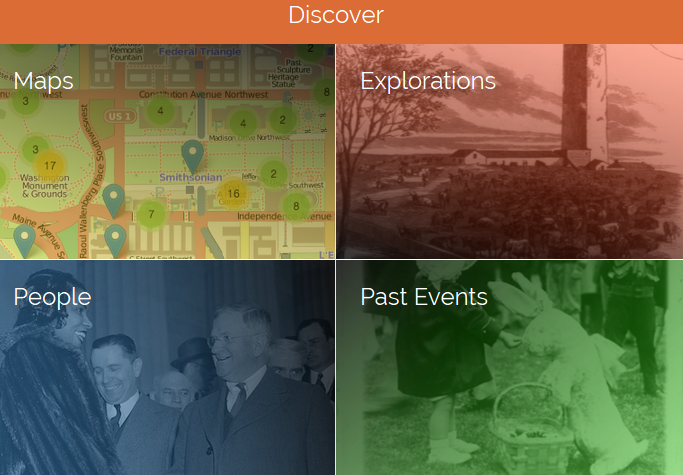Author, Stamping American Memory: Collectors, Citizens, and the Post, University of Michigan Press, 2018 (print)
Open Access: 2014 version; 2016 revision
 In the age of digital communications, it can be difficult to imagine a time when the meaning and imagery of stamps was politically volatile. While millions of Americans collected stamps from the 1880s to the 1940s, Stamping American Memory is the first scholarly examination of stamp collecting culture and how stamps enabled citizens to engage their federal government in conversations about national life in early-twentieth-century America. By examining the civic conversations that emerged around stamp subjects and imagery, this work brings to light the role that these under- examined historical artifacts have played in carrying political messages. Stamping American Memory explores how the US postal service shaped Americans’ concepts of national belonging, citizenship, and race through its commemorative stamp program. Designed to be saved as souvenirs, commemoratives circulated widely and stood as miniature memorials to carefully selected snapshots from the American past that also served the political needs of small interest groups. Stamping American Memory brings together the histories of the US postal service and the federal government, collecting, and philately through the lenses of material culture and memory to make a significant contribution to our understanding of this period in American history.
In the age of digital communications, it can be difficult to imagine a time when the meaning and imagery of stamps was politically volatile. While millions of Americans collected stamps from the 1880s to the 1940s, Stamping American Memory is the first scholarly examination of stamp collecting culture and how stamps enabled citizens to engage their federal government in conversations about national life in early-twentieth-century America. By examining the civic conversations that emerged around stamp subjects and imagery, this work brings to light the role that these under- examined historical artifacts have played in carrying political messages. Stamping American Memory explores how the US postal service shaped Americans’ concepts of national belonging, citizenship, and race through its commemorative stamp program. Designed to be saved as souvenirs, commemoratives circulated widely and stood as miniature memorials to carefully selected snapshots from the American past that also served the political needs of small interest groups. Stamping American Memory brings together the histories of the US postal service and the federal government, collecting, and philately through the lenses of material culture and memory to make a significant contribution to our understanding of this period in American history.
 Scholarship that explores a historical dialog, communicated through visual culture, seems to be best served in a way that facilitates public participation and discussion around those objects. To do so, I investigated different content management systems that best suited my desire to integrate a narrative with a body of images and documentary sources in a dialogic platform. I chose to design the project in WordPress + CommentPress. My goal was to bring together philatelists and historians not only through the sources I interrogate, but through the digital platform I chose by encouraging discussion among readers. Due to unpredictable changes at Michigan Press, the final open access edition will be available on their platform, which will not replicate the functionality available in the original WordPress + CommentPress site.
Scholarship that explores a historical dialog, communicated through visual culture, seems to be best served in a way that facilitates public participation and discussion around those objects. To do so, I investigated different content management systems that best suited my desire to integrate a narrative with a body of images and documentary sources in a dialogic platform. I chose to design the project in WordPress + CommentPress. My goal was to bring together philatelists and historians not only through the sources I interrogate, but through the digital platform I chose by encouraging discussion among readers. Due to unpredictable changes at Michigan Press, the final open access edition will be available on their platform, which will not replicate the functionality available in the original WordPress + CommentPress site.



